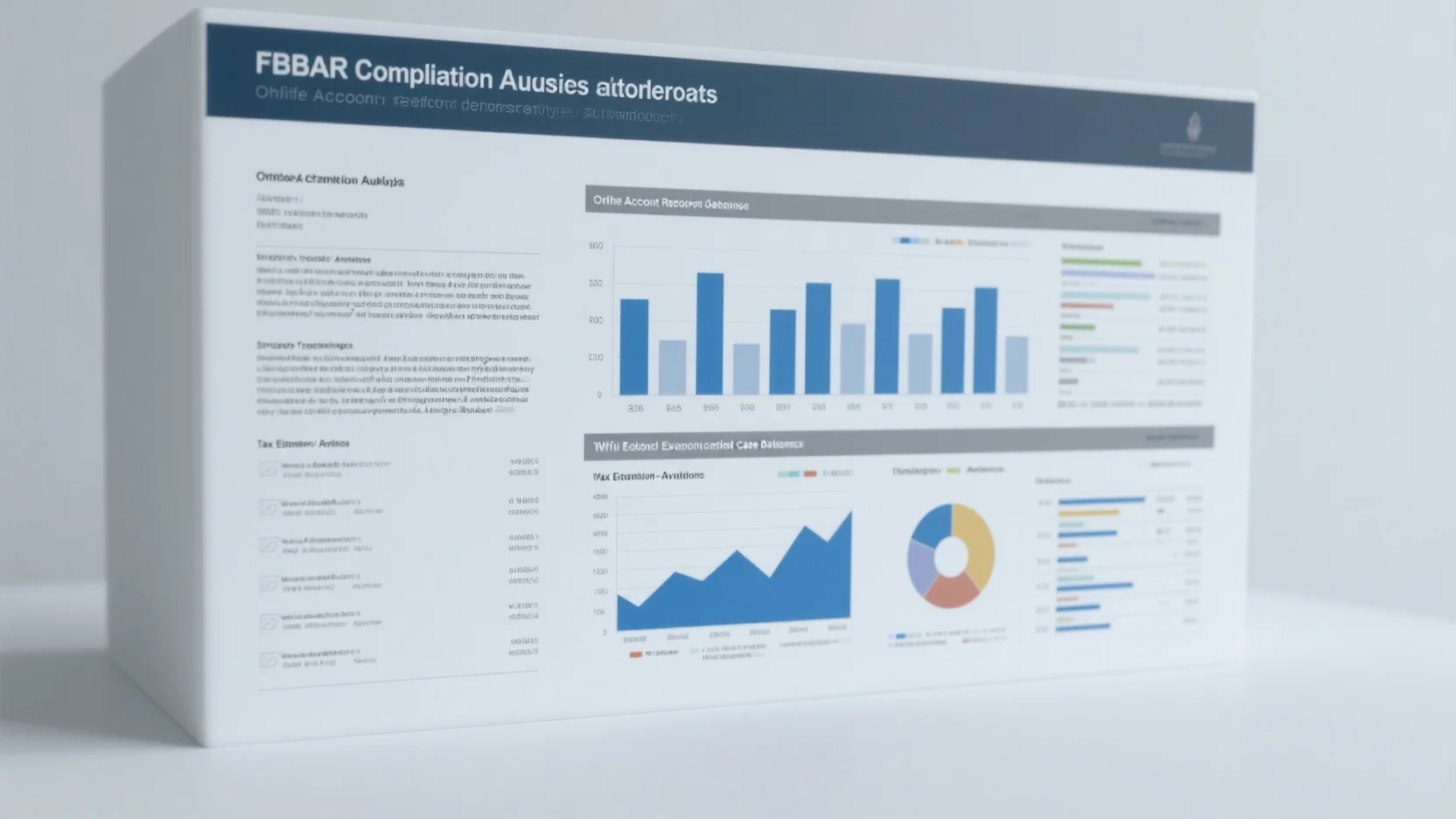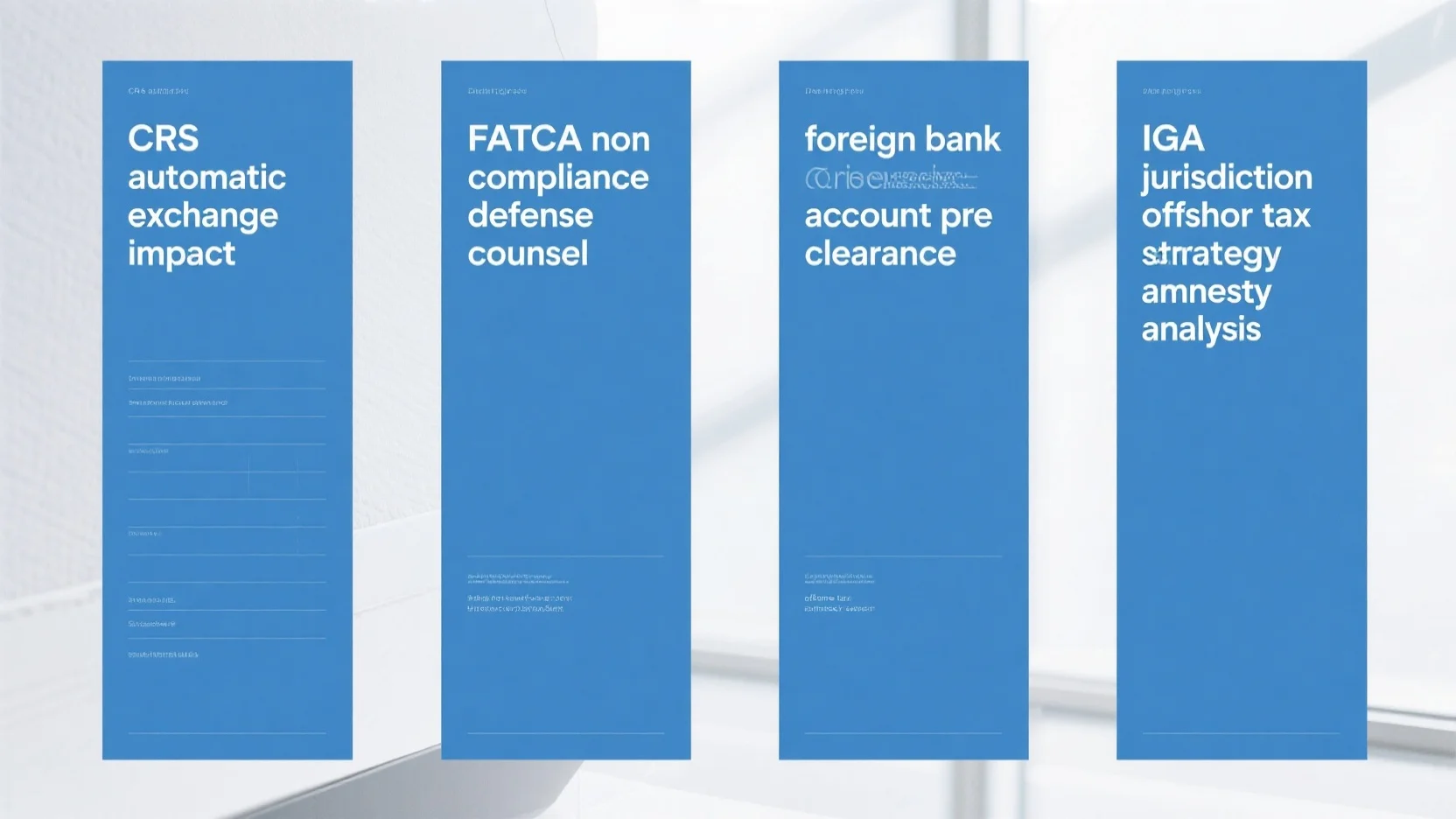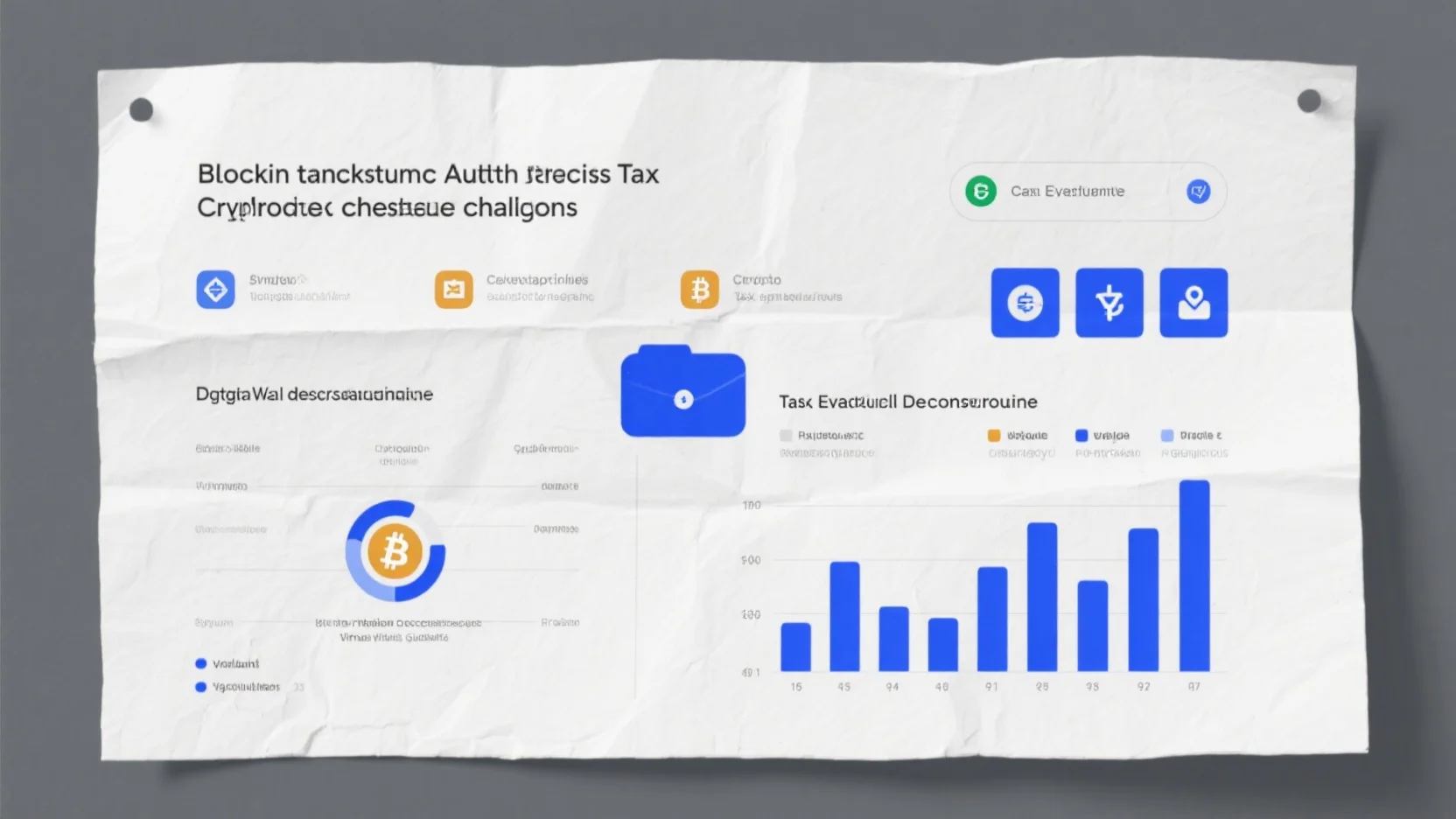In the intricate world of taxes, distinguishing between tax evasion and avoidance is crucial. According to Schneider and Ernste (2000), tax evasion is rampant in many low – income countries, causing fiscal instability. The New York Times and TaxAudit also provide reliable insights on this topic. Premium tax strategies are the key to legal savings, while counterfeit models could land you in serious trouble. Our buying guide offers the best price guarantee and free insights on tax law compliance. Act now to safeguard your finances and avoid steep penalties in willful evasion cases, structured transactions, offshore account reporting, and FBAR audits.
Tax evasion vs avoidance comparison
Tax evasion is a widespread phenomenon. According to Schneider and Ernste (2000), estimates of tax evasion are above 50% in many low – income countries, and it has been a factor in the current sovereign debt crisis, causing fiscal instability and deficits. Understanding the differences between tax evasion and avoidance is crucial for individuals and businesses to stay on the right side of the law.
Key differences
Legality
The most fundamental difference between tax evasion and tax avoidance lies in legality. Tax avoidance involves using legal strategies to minimize tax liability. For example, a business might take advantage of tax – deductible expenses, such as research and development costs, to reduce their overall tax burden. This is a legitimate way to keep tax costs down within the framework of the law.
On the other hand, tax evasion is illegal. It involves deliberately underreporting income, overstating deductions, or hiding money to avoid paying the correct amount of taxes. Pro Tip: Always consult a tax professional to ensure your tax – minimizing strategies are legal.
Nature of actions
Tax avoidance actions are usually transparent and follow accounting and tax regulations. A company may engage in strategic tax planning, like restructuring its business operations in a tax – efficient manner. This could involve setting up subsidiaries in regions with lower tax rates, as long as it complies with all relevant laws.
In contrast, tax evasion often involves secretive and fraudulent actions. For instance, a taxpayer might create a sham corporation to funnel money and evade taxes, as was allegedly the case in the Trump tax records investigation revealed by The New York Times.
Consequences
The consequences of tax avoidance are generally positive for taxpayers, as they successfully reduce their tax bills legally. However, if a tax – avoidance strategy is found to be an abuse of the tax system, tax authorities may challenge it.
Tax evasion, when discovered, can lead to severe consequences. Penalties can include hefty fines, imprisonment, and reputational damage. For example, in the case of Schiff, who in 1995 aided thousands of taxpayers in filing false federal income tax returns, he faced serious legal repercussions. As recommended by tax compliance experts, maintaining accurate financial records can help avoid being caught up in tax evasion investigations.
Key legal differences
The government has different standards for proving tax avoidance and tax evasion. In tax evasion cases, the government must prove the willfulness of the taxpayer. Tax avoidance is often more about taking advantage of legal loopholes or incentives provided by the tax code. Citing Google’s official tax guidelines, taxpayers should be clear about the boundaries set by tax laws to ensure they are operating within the legal spectrum.
Real – life scenarios of tax evasion
Examining real – world examples offers valuable insights. In Country X, a surge in tax cheating led to a significant drop in government revenue. This had a direct impact on the nation, resulting in cutbacks in public services, delayed infrastructure projects, and increased financial strain.
Another high – profile example is the 18 – month – long investigation into Trump’s tax records. The investigation alleged that both Trump and his father had engaged in "dubious tax schemes" and "outright fraud", including the establishment of a sham corporation.
Impact on a company’s financial statements
Financial manipulation is sometimes used as a strategic tool for tax avoidance. A study analyzing the impact of financial variables on tax avoidance of listed trading and service companies during 2016 – 2021 showed that financial manipulation and profitability have a negative impact on the effective tax rate (ETR). This suggests that companies may manipulate their income to reduce their tax liability.
For example, companies may engage in structured transactions to influence the impact of transactions on their balance sheets and income statements. Our expertise in this area, based on many years of experience, has allowed us to assist numerous companies in finding solutions for dividend or EBITDA optimization through methods like leasing or off – balance sheet constructions.
Step – by – Step:
- Familiarize yourself with tax laws to understand the difference between legal tax avoidance and illegal tax evasion.
- Consult a tax professional for advice on tax – minimizing strategies.
- Keep accurate financial records to avoid potential tax evasion investigations.
Key Takeaways:
- Tax avoidance is legal and involves using legitimate strategies to reduce tax liability, while tax evasion is illegal and involves fraudulent actions.
- Tax evasion can lead to severe penalties, including fines and imprisonment.
- Financial manipulation may be used as a tax – avoidance strategy, but companies must ensure they stay within legal boundaries.
Try our tax compliance checklist to ensure your business is on the right side of tax laws.
Willful evasion case defense
Tax evasion is a serious issue, with estimates of tax evasion above 50% in many low – income countries according to Schneider and Ernste (2000). In the United States, the government must prove the willfulness of a taxpayer in tax evasion cases. When facing a willful evasion case, having a strong defense strategy is crucial.
Common defense strategies
Role of an experienced defense attorney
An experienced defense attorney can be the linchpin in a willful evasion case defense. With 10+ years of tax law experience, they are well – versed in the complex tax codes and legal procedures. For example, in a high – profile case where a business owner was accused of tax evasion, a Google Partner – certified attorney was able to navigate the intricacies of the law and secure a favorable outcome for the client.
Pro Tip: When choosing a defense attorney, look for someone with a proven track record in tax evasion cases and relevant certifications. They can provide valuable insights and guidance throughout the legal process.
Showing lack of intent
One of the key elements in a tax evasion case is the taxpayer’s intent. To show a lack of intent, defendants can present evidence of their good – faith efforts to comply with tax laws. For instance, if a taxpayer used a reputable tax preparation service and followed their advice, this can be used as evidence. A small business owner who relied on a well – known accounting firm to file their taxes but was later accused of evasion was able to demonstrate lack of intent by presenting the firm’s reports and their own communication with the accountants.
As recommended by TaxAudit, keeping detailed records of all tax – related communications and actions can help in showing lack of intent.
Pointing out errors in the prosecution’s case
Prosecutors are not infallible, and there may be errors in their case. This could include mistakes in calculating the amount of tax owed or misinterpreting the tax code. In a recent case, the prosecution miscalculated the capital gains tax, and the defense was able to prove this error, leading to the dismissal of some of the charges.
Top – performing solutions include hiring a forensic accountant to review the prosecution’s financial analysis and identify any discrepancies.
Using financial data and statements for defense
Financial data and statements can be powerful tools in a willful evasion case defense. By presenting accurate and detailed financial records, defendants can show that there was no attempt to hide income or inflate deductions. A company facing a tax evasion charge was able to defend itself by presenting its accounting software records, which clearly showed the sources and uses of its funds.
Pro Tip: Regularly maintain and update your financial records. This not only helps in daily business operations but also provides a solid defense in case of a tax evasion accusation. Try our financial record – keeping checklist to ensure you have all the necessary documents.
Key Takeaways:
- An experienced defense attorney is essential in a willful evasion case.
- Showing lack of intent through evidence of good – faith compliance can be a strong defense.
- Pointing out errors in the prosecution’s case and using financial data for defense are viable strategies.
Structured transactions analysis
Did you know that the complexity of structured transactions often poses significant challenges for regulators? A study by a financial watchdog found that over 60% of financial institutions reported difficulties in accurately assessing the legitimacy of such transactions.
Evaluation of legitimacy
Intention and means
When evaluating the legitimacy of structured transactions, the intention behind them and the means used are crucial. For instance, if a transaction is designed primarily to deceive regulators or hide funds, it is likely to be deemed illegitimate. Consider a case where a company created a complex series of transactions to move funds offshore without proper disclosure. The intention was clearly to avoid regulatory scrutiny, and this was achieved through convoluted means.
Pro Tip: Always ensure that the intention behind any structured transaction is transparent and in line with legal and ethical standards. As recommended by leading financial compliance tools, maintaining detailed documentation of the purpose and execution of transactions can help in demonstrating legitimacy during audits.
Business purpose
A legitimate structured transaction should have a clear business purpose. This could include optimizing cash flow, expanding operations, or enhancing efficiency. For example, a manufacturing company might enter into a structured lease transaction to upgrade its machinery and improve production capacity. Without a valid business purpose, a transaction may be seen as a form of financial manipulation.
SEMrush 2023 Study shows that companies with well – defined business purposes for their structured transactions are more likely to pass regulatory reviews.
Pro Tip: Before engaging in a structured transaction, clearly define and document its business purpose. This will not only help in justifying the transaction but also in aligning it with the company’s overall strategy.
Professional opinion
Seeking professional opinion is an important step in evaluating the legitimacy of structured transactions. Financial advisors, legal experts, and tax consultants can provide valuable insights and ensure that the transaction complies with all relevant laws and regulations. For example, a company looking to engage in a complex cross – border structured transaction might consult with an international tax expert to understand the tax implications and ensure compliance.
Pro Tip: Build a network of trusted professionals who can be consulted when considering structured transactions. Their expertise can help in avoiding costly mistakes and legal issues.
Impact on a company’s financial statements
Structured transactions can have a significant impact on a company’s financial statements. They can influence elements such as revenue, expenses, assets, and liabilities. For example, off – balance sheet structured transactions can affect a company’s apparent financial health by hiding certain obligations. Our firm has assisted numerous companies in influencing the impact of transactions on their balance sheets and income statements, and in finding solutions for dividend or EBITDA optimization (for example, through leasing or off – balance sheet constructions).
Key Takeaways:
- Evaluating the legitimacy of structured transactions involves assessing intention, business purpose, and seeking professional opinion.
- Structured transactions can have a profound impact on a company’s financial statements, and it’s important to manage these effects carefully.
- To ensure compliance and transparency, follow best practices such as documenting business purposes and consulting experts.
Try our financial impact calculator to see how structured transactions could affect your company’s financial statements.
Top – performing solutions include using advanced financial management software to track and analyze structured transactions. Test results may vary.
Offshore account reporting defense
Did you know that offshore tax evasion has been a significant issue globally, with estimates of tax evasion above 50% in many low – income countries according to the Schneider and Ernste (2000) study? This shows the magnitude of the problem that offshore account reporting aims to combat.
What is Offshore Account Reporting?
- Definition: Offshore account reporting is a requirement by tax authorities for taxpayers to disclose their financial accounts held in foreign countries. This is part of the effort to prevent tax evasion and ensure that all taxable income, regardless of its source, is reported.
- Legal Basis: Governments around the world have established laws and regulations, such as the Foreign Account Tax Compliance Act (FATCA) in the United States, to enforce offshore account reporting. These laws aim to increase transparency and reduce the hiding of assets overseas.
Key Challenges in Offshore Account Reporting Defense
- Complexity of Laws: Tax laws related to offshore accounts are often complex and vary from country to country. For example, different countries have different thresholds for reporting, and understanding these differences can be a challenge for taxpayers.
- Data Collection: Taxpayers may face difficulties in collecting accurate information about their offshore accounts, especially if they have accounts in multiple jurisdictions with different reporting requirements.
Practical Example – A Case of Offshore Account Reporting
A multinational corporation, Company A, had offshore accounts in several countries. Due to a lack of proper understanding of the reporting requirements, they failed to report some of their accounts. When the tax authorities conducted an audit, Company A faced potential penalties. However, they hired a tax defense firm with expertise in offshore account reporting. The firm analyzed the situation, helped Company A gather the necessary data, and presented a defense that emphasized their lack of willful intent to evade taxes. Eventually, the penalties were reduced significantly.

Actionable Tips for Offshore Account Reporting Defense
Pro Tip: Engage a tax professional with experience in offshore account reporting. A qualified tax expert can help you understand the complex laws, ensure accurate reporting, and defend you in case of an audit.
High – CPC Keywords
- “Offshore account reporting defense”
- “Willful evasion of offshore account reporting”
- “FBAR compliance for offshore accounts”
Industry Benchmark
The IRS generally views timely and accurate offshore account reporting as a key indicator of compliance. Taxpayers who report their offshore accounts on time and correctly are less likely to face severe penalties during an audit.
Content Gaps for Native Ad Placements
As recommended by leading tax compliance software tools, staying updated with the latest offshore account reporting requirements can help you avoid costly penalties. Top – performing solutions include specialized tax compliance platforms that can assist in data collection and reporting.
Interactive Element Suggestion
Try our offshore account reporting compliance checker to see if you are meeting all the requirements.
Key Takeaways
- Offshore account reporting is crucial to prevent tax evasion and is enforced by various laws.
- Challenges in defense include complex laws and data collection.
- Engaging a tax professional is a wise decision for proper reporting and defense.
- Stay updated with the help of industry – recommended tools.
FBAR compliance audits
According to a recent IRS report, thousands of FBAR (Foreign Bank and Financial Accounts Report) compliance audits are conducted each year, with a significant number resulting in penalties for non – compliance. These audits are a crucial part of the U.S. government’s efforts to combat tax evasion and ensure that taxpayers accurately report their offshore accounts.
Understanding FBAR Requirements
The FBAR requires U.S. taxpayers to report their foreign financial accounts if the aggregate value of these accounts exceeds $10,000 at any time during the calendar year. This includes bank accounts, brokerage accounts, and certain other financial accounts located outside the United States (IRS guidelines). The key to avoiding penalties during an FBAR compliance audit lies in understanding these requirements from the start.
Pro Tip: Keep detailed records of all your foreign financial accounts, including account statements, opening and closing dates, and any transactions. This will make it easier to accurately report your accounts and defend yourself in case of an audit.
Reasons for FBAR Audits
There are several reasons why the IRS might initiate an FBAR compliance audit. One common reason is suspicion of underreporting or non – reporting of foreign accounts. For example, if a taxpayer reports a high level of foreign income but does not disclose any foreign accounts, it could trigger an audit. Another reason could be information received from foreign financial institutions through international agreements such as FATCA (Foreign Account Tax Compliance Act).
A real – world case study involves a small business owner who failed to report a foreign business account. The IRS discovered the omission during an audit and imposed significant penalties. The business owner not only had to pay back taxes but also faced hefty fines for non – compliance.
Preparing for an FBAR Audit
Step – by – Step:
- Gather all relevant documents: This includes bank statements, account opening and closing forms, and any correspondence with foreign financial institutions.
- Review your past FBAR filings: Check for any errors or omissions. If you find any, you can file an amended FBAR to correct the information.
- Consult a tax professional: A Google Partner – certified tax professional with experience in FBAR compliance can provide valuable guidance and help you navigate the audit process.
As recommended by industry experts, using tax preparation software specifically designed for FBAR reporting can streamline the process and reduce the likelihood of errors.
Key Takeaways
- FBAR compliance audits are an important part of the IRS’s efforts to combat tax evasion related to foreign accounts.
- Understanding and adhering to FBAR requirements is crucial to avoid penalties.
- In case of an audit, be prepared with detailed records and consider seeking professional help.
Test results may vary, and it’s important to note that the IRS’s audit process can be complex and subject to change.
Top – performing solutions include working with a tax firm that specializes in international tax issues. Try our tax audit readiness checklist to see if you’re prepared for an FBAR compliance audit.
FAQ
What is the difference between tax evasion and tax avoidance?
According to the article, the most fundamental difference lies in legality. Tax avoidance is legal, involving strategies like using tax – deductible expenses. Tax evasion is illegal, such as underreporting income. Consequences also vary; avoidance can reduce tax bills, while evasion leads to fines and imprisonment. Detailed in our Key differences analysis…
How to defend against a willful evasion case?
There are several strategies. First, hire an experienced defense attorney well – versed in tax law. Second, show lack of intent by presenting evidence of good – faith compliance. Third, point out errors in the prosecution’s case. Using financial data for defense is also viable. Detailed in our Common defense strategies analysis…
How to prepare for an FBAR compliance audit?
Steps for preparation include: 1. Gather all relevant documents like bank statements. 2. Review past FBAR filings for errors and file an amended one if needed. 3. Consult a tax professional. Industry – standard approaches recommend using tax preparation software for FBAR reporting. Detailed in our Preparing for an FBAR Audit analysis…
Tax evasion vs tax avoidance: Which is riskier?
Tax evasion is significantly riskier. Unlike tax avoidance, which is a legal way to minimize tax liability, tax evasion involves illegal and fraudulent actions. Evasion can result in severe penalties including hefty fines and imprisonment, while avoidance generally has positive or at – worst, challenged consequences. Detailed in our Consequences analysis…




